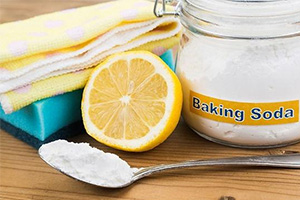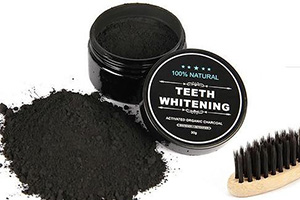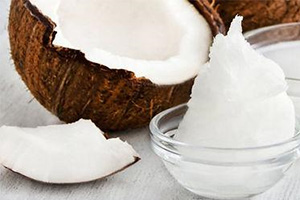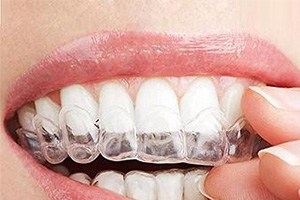When it comes to teeth whitening, you may see many different methods featured online and in magazines—from oil pulling to charcoal, and even turmeric. Healthy smiles come in many shades, though it’s tempting to think ingredients in our own kitchens could hold the key to a brighter smile. Still, just because a method is natural doesn’t mean it’s healthy. In fact, DIY whitening can do more harm than good to your teeth.
FRUITS

Fiction: The approach maintains you can make your teeth whiter and brighter household staples that are naturally acidic (like lemons, oranges, apple cider vinegar), contain digestive enzymes (such as pineapple or mango) and something that is abrasive (like baking soda).
Fact: When eaten as usual, fruit is a great choice. However, fruit and vinegar contain acid, and you put your pearly whites at risk when you prolong their contact with your teeth or use them to scrub your teeth because acid can wear away your enamel. Enamel is the thin outer coating of your teeth that protects you from tooth sensitivity and cavities.
SCRUBS

Fiction: These methods claim that scrubbing your teeth with ingredients like activated charcoal or a baking soda-hydrogen peroxide paste will bring a shine back to your smile.
Fact: Using materials that are too abrasive on your teeth can actually make them look more yellow. Enamel is what you’re looking to whiten, but if you’re using a scrub that is too rough, you can actually wear it away. When that happens, the next layer of your tooth can become exposed – a softer, yellow tissue called dentin.
SPICES AND OILS

Fiction: Swishing oils like coconut oil in your mouth (oil pulling) or using spices like turmeric can help whiten your teeth.
Fact: There is no reliable scientific evidence to show oil pulling or turmeric whitens teeth. Save the oil and spices for healthy meals instead.
Still interested in whitening?
The best natural ways to keep your teeth white are everyday healthy habits, including:

